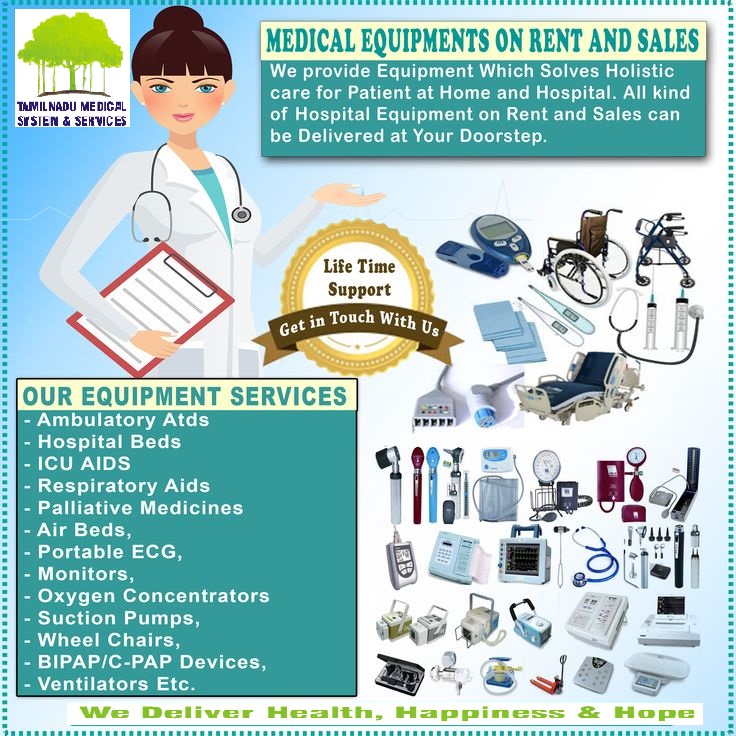
Home Health Care for Respiratory Patients
Home health care for respiratory patients involves providing specialized care and equipment to manage conditions affecting the respiratory system, such as chronic obstructive pulmonary disease (COPD), asthma, pneumonia, and others. Here are key aspects and products involved in home health care for respiratory patients:
Equipment and Supplies:
Oxygen Therapy Equipment:
Oxygen Concentrators: Devices that extract oxygen from the air and deliver it through a nasal cannula or mask.
Portable Oxygen Tanks: Small tanks that allow patients to move around while receiving oxygen.
Oxygen Masks and Cannulas: Devices for delivering oxygen to the patient.
CPAP (Continuous Positive Airway Pressure) Devices:
CPAP Machines: Used primarily for obstructive sleep apnea, these machines deliver a continuous flow of air to keep airways open during sleep.
Nebulizers:
Jet Nebulizers: Convert liquid medication into a mist for inhalation.
Ultrasonic Nebulizers: Use high-frequency sound waves to produce aerosolized medication.
Respiratory Monitoring Devices:
Pulse Oximeters: Measure oxygen saturation levels in the blood.
Peak Flow Meters: Assess lung function by measuring how fast air can be expelled from the lungs.
Medications and Treatments:
Inhalers and Medications:
Metered-Dose Inhalers (MDIs): Deliver measured doses of medication directly into the lungs.
Dry Powder Inhalers (DPIs): Deliver medication in a dry powder form.
Medication Management:
Ensuring patients understand their medication schedules and proper use of inhalers and nebulizers.
Home Safety and Environment:
Air Quality Management:
Ensuring a clean and allergen-free environment.
Using air purifiers if necessary to reduce exposure to allergens and pollutants.
Fall Prevention:
Ensuring clear pathways and minimizing fall risks, especially important if the patient has mobility issues.
Education and Support:
Patient Education:
Teaching patients and caregivers about their condition, medications, and equipment use.
Providing instructions on recognizing and managing exacerbations or emergencies.
Support Services:
Access to respiratory therapists or nurses who can provide ongoing support and guidance.
Coordination with healthcare providers for regular check-ups and assessments.
Emergency Preparedness:
Emergency Response Plan:
Ensuring patients and caregivers know what to do in case of respiratory distress or equipment malfunction.
Medical Alert Systems:
Providing patients with access to emergency assistance if needed.
Home health care for respiratory patients aims to improve quality of life by managing symptoms effectively, preventing exacerbations, and promoting independence in daily activities. It requires a coordinated effort among healthcare providers, patients, and caregivers to ensure optimal care and support at home.

